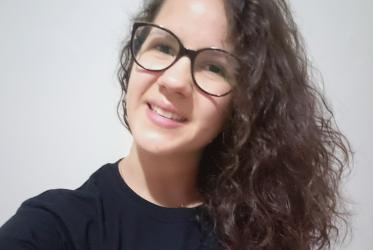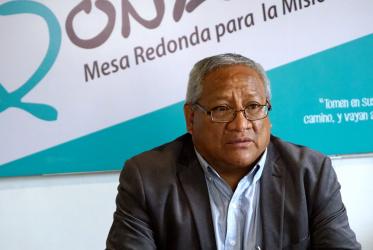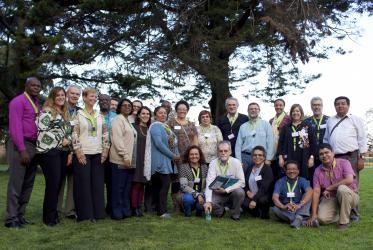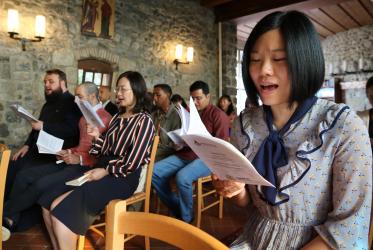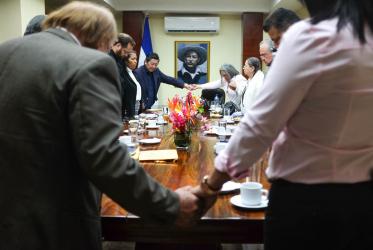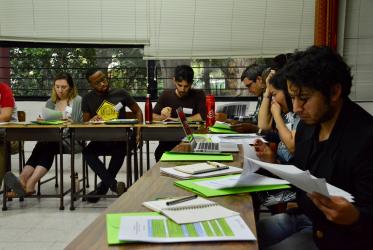Displaying 61 - 80 of 184
26 September 2019
WCC condemns massacre of farmers in Philippines
12 April 2019
All pilgrim routes lead to COP24
11 December 2018
WCC Eco-School encourages youth to become eco-ambassadors
08 November 2018
New students welcomed at WCC Bossey Ecumenical Institute
13 September 2018
